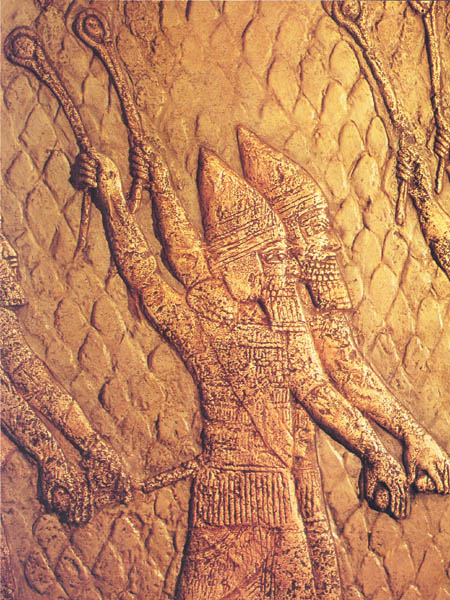
Ancient Israel’s authors wrote for Israelites, in Israelite language, with Israelite assumptions. That audiences on distant continents, millennia later, would be trying to piece together what they meant was a thought that never occurred to them. Changed language and changed assumptions obstruct our view of what the ancient authors meant to tell their audiences.
The first hurdle to reading biblical history is recovering Israelite assumptions. The problems are especially profound when the text is meant to be humorous: Whenever we take the Bible as fact, we lose the capacity to appreciate—or even hear—its jokes.
True, humor in biblical history is not frequent—God is serious business, after all—but it is occasionally there. An example may be found in Judges 3:12–30. The story of Ehud is a rollicking adventure tale—a picaresque—from which Israelite storytellers and Israelite audiences derived great delight; that is why we still have the text today.
Already a library member? Log in here.
Institution user? Log in with your IP address.

